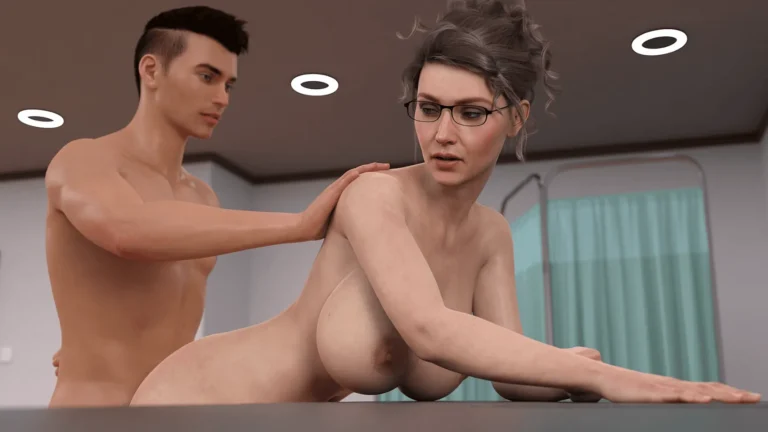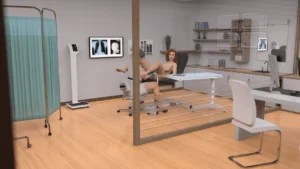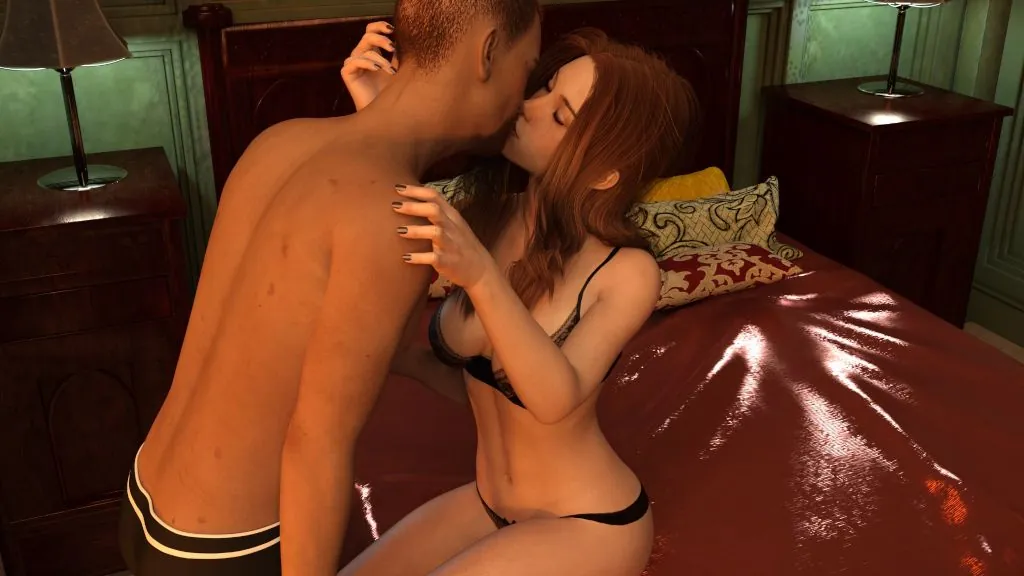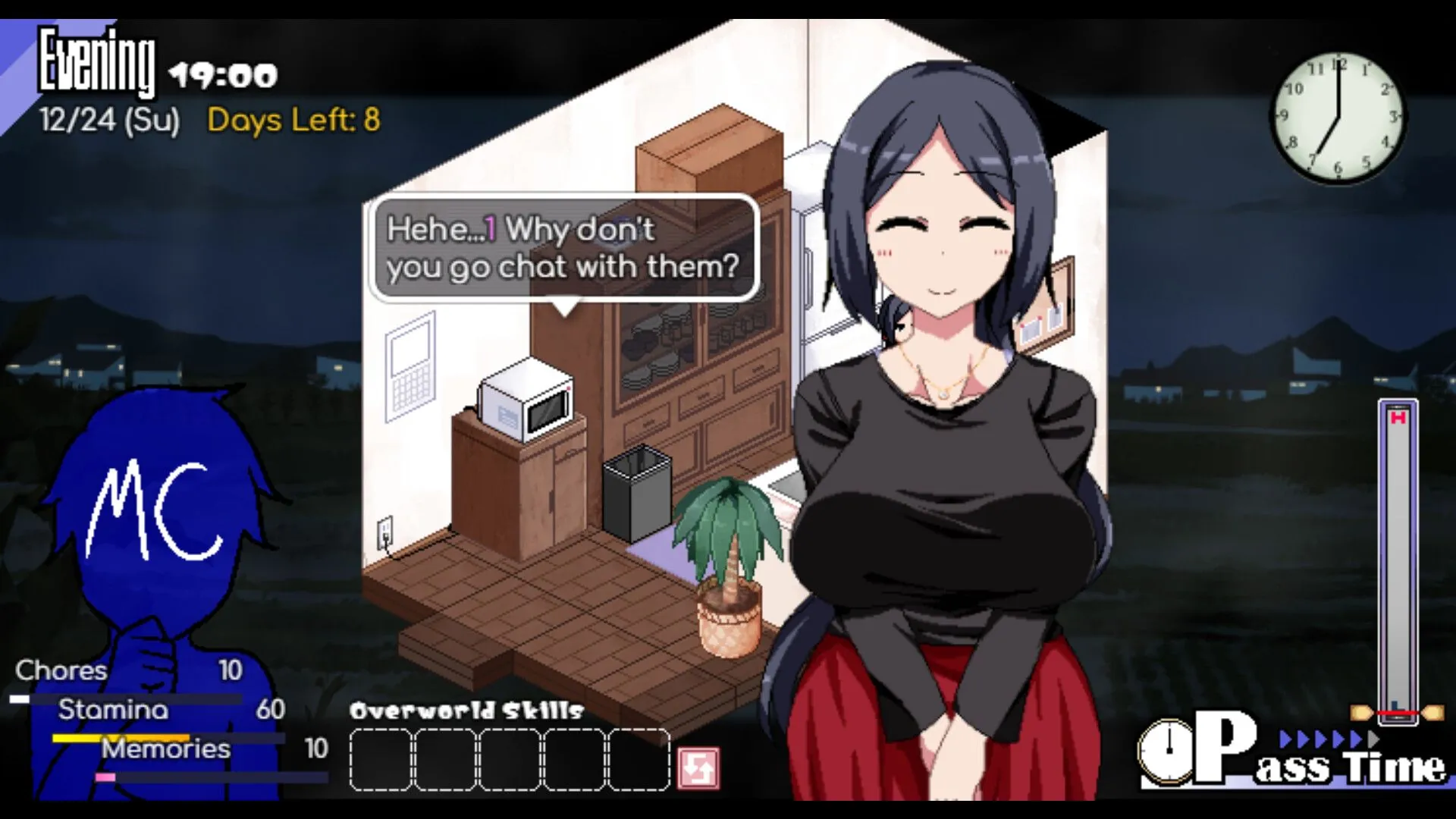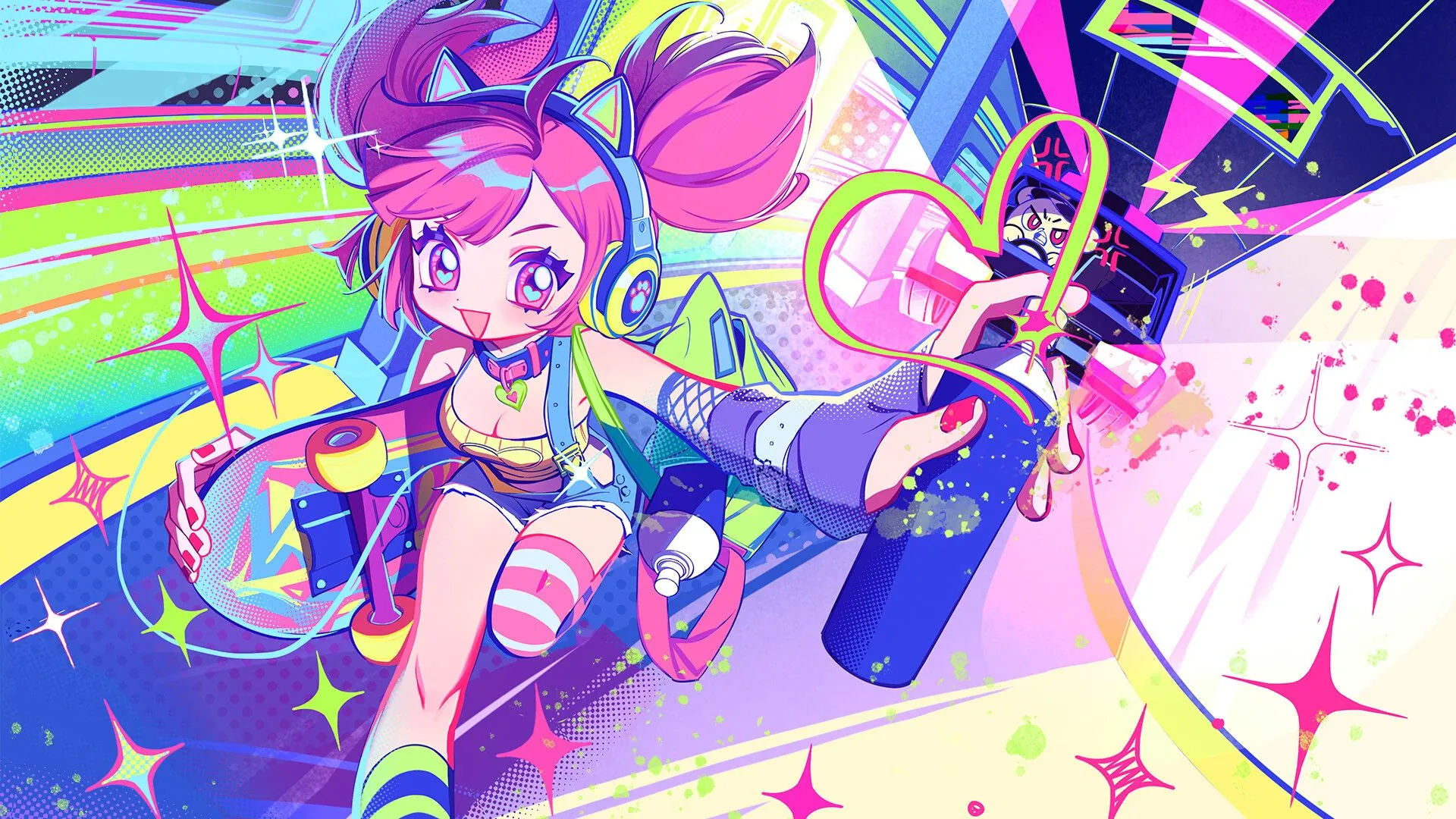
Play Adverse Effects
Adverse Effects review
Exploring the Hidden Consequences of Interactive Entertainment
The ‘Adverse Effects’ Porn Game has sparked intense debate about its potential influence on players. This article delves into the game’s adverse effects, exploring how it might shape perceptions and behaviors. From psychological impacts to social consequences, we examine the broader implications of engaging with such interactive content.
Chapter 1: Psychological and Social Impacts
How Does the Game Affect Mental Health?
Let’s cut to the chase: Adverse Effects isn’t just a game—it’s a dopamine factory. 🎮💥 You start playing for fun, but before you know it, you’re chasing rewards that leave you feeling emptier than before. Sound familiar? One player I spoke to, let’s call him Chris, described it as “getting stuck in a loop where winning feels urgent, but losing makes you question your worth.” 😟
The psychological impacts here are no joke. The game’s design thrives on unpredictability—think sudden plot twists, high-stakes choices, and hyper-sexualized scenarios that keep your brain hooked. Neuroscientists call this intermittent reinforcement, and it’s the same trick slot machines use. 🧠🎰 Over time, this can lead to mental health effects like anxiety, low self-esteem, or even compulsive behavior.
Take this real-life scenario:
“After weeks of late-night gaming, Mia noticed her focus at work tanking. She’d snap at coworkers over small mistakes and felt constantly on edge. Her therapist pointed out how the game’s ‘win-or-lose’ structure mirrored her growing fear of failure offline.”
| Common Reactions | Long-Term Risks |
|---|---|
| Mood swings | Chronic anxiety |
| Sleep disruption | Social withdrawal |
| Guilt/shame cycles | Compulsive habits |
Practical tip: Set a timer ⏳. If you catch yourself playing longer than intended, ask: “Is this energizing me or draining me?” Small boundaries can prevent big psychological impacts.
Social Consequences: Relationships and Isolation
Here’s the awkward truth: Adverse Effects can turn you into a ghost in your own life. 👻 I’ve heard stories of couples drifting apart because one partner became obsessed with the game’s fantasy world. One woman, Sarah, told me: “It felt like he’d rather solve pixelated drama than talk about our real-life wedding plans.” 💔
The social consequences creep in slowly. Maybe you cancel plans to keep playing, or you’re physically present but mentally strategizing your next move. This isn’t just about screen time—it’s about how the game’s relationship dynamics reshape priorities.
| Before Playing | After Playing |
|---|---|
| Weekly friend hangouts | Last-minute cancellations |
| Open communication | Defensiveness about habits |
| Shared hobbies | Solo gaming marathons |
And let’s talk about isolation effects. The game’s solo-focused design can make real-world interactions feel… underwhelming. Why bother with messy human emotions when you can control every outcome online? But here’s the kicker: that isolation often fuels deeper cravings for the game, creating a vicious cycle.
Fix it fast: Schedule a weekly “unplugged” activity—coffee with a friend, a cooking class, anything that reminds you how unscripted joy feels. 🌿
“Games like Adverse Effects don’t just reflect culture—they shape it. When fantasy consistently overshadows reality, we risk normalizing emotional detachment.”
— Dr. Lena Torres, behavioral psychologist
Impact on Self-Perception and Body Image
Ever catch yourself comparing your life to the game’s characters? You’re not alone. Adverse Effects bombards players with idealized avatars—flawless skin, impossible proportions, and relationships that “fix” trauma in three clicks. 🌟 The result? Self-perception changes that warp how you see yourself IRL.
A 22-year-old player shared: “I started hating my body because my in-game avatar looked nothing like me. I’d skip meals to ‘match’ her, but it just made me resentful.” 🍽️😞 These body image issues aren’t vanity—they’re a side effect of blending fantasy standards with real-world insecurities.
| Game Ideals | Real-Life Impact |
|---|---|
| Unrealistic body types | Negative self-talk |
| Instant romantic validation | Unreal relationship expectations |
| Perfect storyline resolutions | Impatience with personal growth |
Rebalance your lens: Follow diverse creators on social media 🖤, and practice calling out when the game’s narrative feels manipulative. Remind yourself: “My worth isn’t pixel-dependent.”
Final takeaway: Adverse Effects might be a game, but its psychological impacts and social consequences are anything but fictional. By spotting the patterns—mood shifts, isolation habits, or body comparisons—you can enjoy the story without letting it rewrite yours. 🛡️💡
In conclusion, the ‘Adverse Effects’ Porn Game presents a complex set of psychological and social impacts. Understanding these effects is crucial for players and policymakers alike. By acknowledging the potential risks, we can foster healthier interactions with interactive media.
